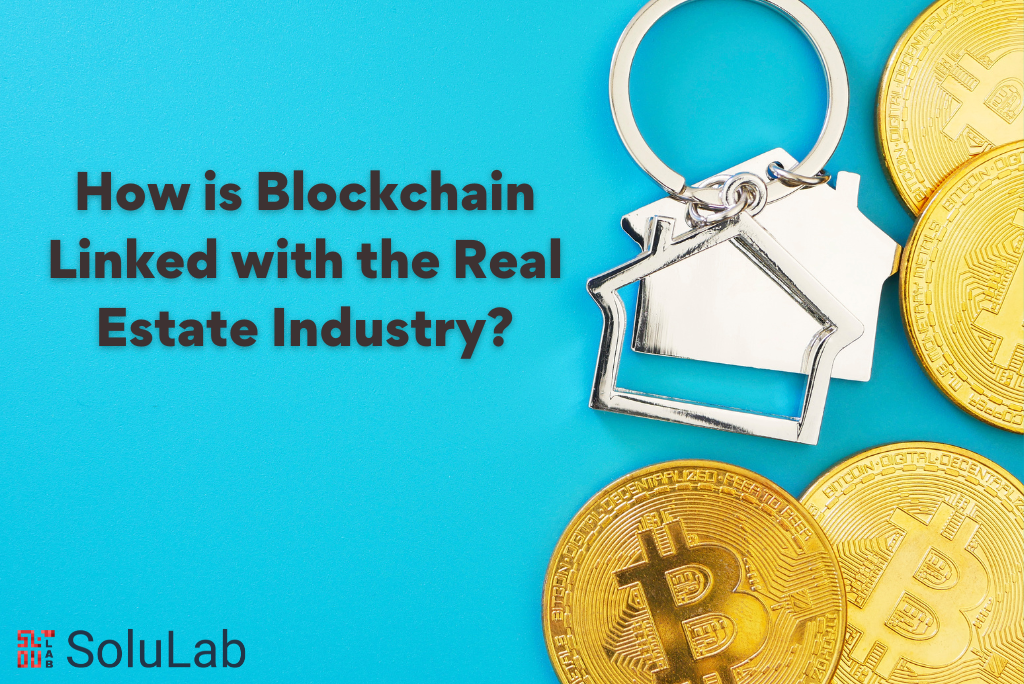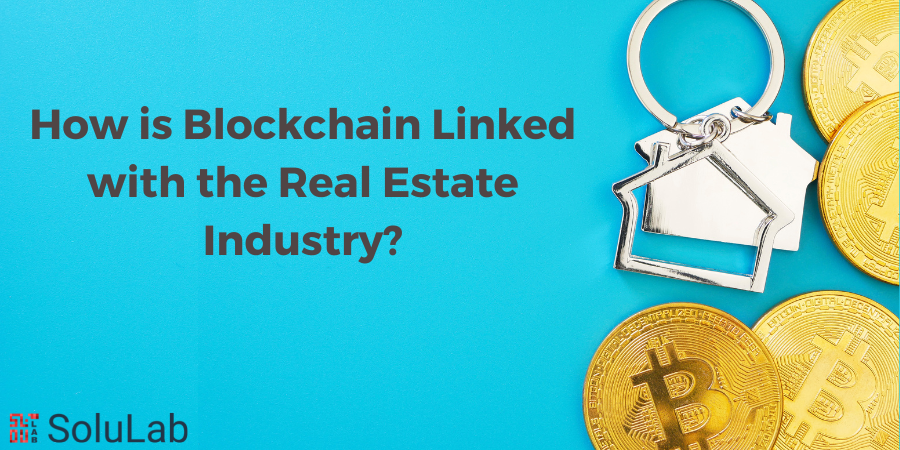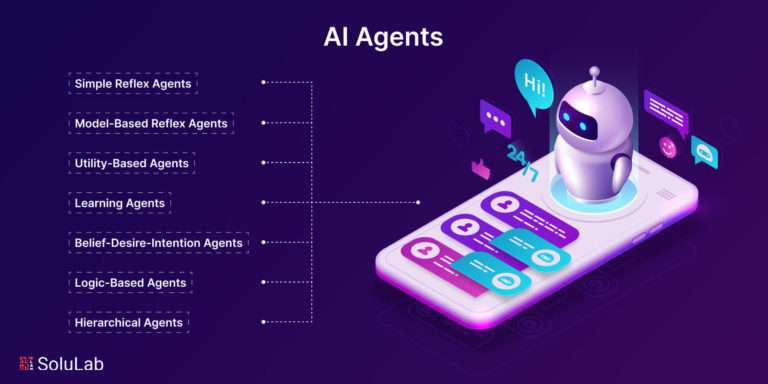
With the emergence of blockchain technology, new potential for real estate blockchain transactions has emerged. Blockchain may assist in the real estate purchasing and selling process. This is eligible to search and browse a property’s record and ownership. Sellers are more open about the selling process.
Real estate tokenizations may be administered quicker and with trivial paperwork utilizing blockchain. This is because blockchain facilitates the digital transfer of purchases, excluding the necessity for paper agreements or supplementary physical information. Everything can be accomplished electronically, which conserves a substantial percentage of the time. The additional benefit of blockchain is its increased level of security and protection. Each transaction and agreement is documented on an administered record and cannot be modified or obliterated. This shows customers and dealers assurance that their transaction is safe and protected.
Six ways blockchain has impacted the real estate business
The real estate industry is not immune to blockchain disruption. Previously, only high-value assets, such as real estate, were traded on digital platforms. Real estate transactions are often done offline, with many companies interacting face-to-face. Blockchain, on the other hand, has enabled this to be changed. Purchases such as real estate may presently be exchanged in the exact way that cryptocurrencies such as Bitcoin can, with appreciation to the inclusion of smart contracts in blockchain networks.
This method of tokenization of real estate using blockchain technology differs. Here are six ways blockchain has transformed the real estate industry.
-
There are no middlemen
Attorneys, dealers, and banks have long been an element of the real estate enterprise. According to a survey, blockchain might alter their obligations and interest in real estate agreements shortly.
New platforms may ultimately take on a listing, payment, and legal paperwork services. By eradicating mediators, consumers and brokers will obtain extra for their capital since they would conserve commissions and payments imposed by these middlemen. This also makes the procedure rapid since these intermediaries are abolished.
-
Marketplaces and outlets
Formerly, real estate technology has been concentrated on listing properties and associating with consumers and dealers. On the other hand, blockchain provides new methods to exchange real estate and may allow trading platforms and online markets to improve real estate transaction efficiency. For example, a platform was created that leverages blockchain technology to streamline real estate transactions, rental property transactions, and tokenized property. Real estate assets may now be exchanged on an exchange like stocks, and transactions can be completed online, thanks to real estate tokenisation.
It enables sellers to tokenized property and assets, thereby treating the transaction as a stock sale and liquidating the asset on the platform via a token sale. The collected tokens may be swapped for fiat currency, with purchasers gaining ownership of a share of the property.
Read more: What You Need to Know About Investing in Tokenized Real Estate
-
Holding in Parts
Blockchain curtails the impediments to real estate undertaking by enabling fractional holding. Typically, large sums of money are required upfront to buy property. Investors may integrate their reserves to purchase larger-ticket buildings. Investors would require opening a trading software to acquire and negotiate percentages of tokens as they see reasonable utilisation on the blockchain.
Expenditure payments may mount up rapidly, and handling with occupants can be problematic. This also impacts allied businesses such as lending, as property owners are often required to put their properties up as collateral for loans to have rapid access to cash. Estate proprietors may also resume wielding their property, depending on the situation.
-
Liquidity
Transactions of real estate take some interval of time. It has been perceived as an illiquid possession with cryptocurrencies and tokens. Real estate may be exchanged as property tokenization.
-
Expenditures
The clarity furnished by a decentralised system may also assist in curtailing the fees implicated with real estate pacts. Aside from the savings recognized by abolishing intermediaries’ expenses and commissions, there are extra costs involved with real estates, such as inquiries, lending taxes, and other taxes. Negotiators may be lessened or eliminated from the equation as platforms incorporate these undertakings.
Global real estate is worth hundreds of billions of dollars, yet the affluent and major businesses control it. More people may be prepared to join the market as an outcome of blockchain technology, where transactions may be rendered more translucent, protected, and proportional. Real estate transactions might evolve peer-to-peer, with blockchain-powered strategies performing the bulk of the business.
-
Decentralization
All counterparts in the system may perceive the data documented on the blockchain, rendering data transparent and inflexible. One simply has to go back to the 2008 housing bubble meltdown to understand how institutions’ greed and lack of openness may have disastrous effects. The mechanism of trust is embedded into a decentralized exchange. Consumers and dealers might feel more optimistic about enforcing marketing since counterparts can ascertain data. Attempts at fraud would also be reduced. Smart contracts are becoming admissible with the passage of laws in Vermont and Arizona. As a result, smart contracts would have more enforceability in addition to the technology itself.
Blockchain modifying real estate
Provided the turmoil of monetary assistance and its substantial application across regions, it’s tough to comprehend an area that hasn’t been reached by blockchain.
The probability that blockchain technology to modify the real estate area has a huge possibility. Blockchain-based solutions and findings can streamline the total real estate transaction procedure from beginning to end. They can assist consumers and dealers uncover one another more skillfully and propose a stable, translucent and protected platform for all groups to pursue the progress of a contract or agreement.
Conclusion
Again, blockchain-based systems may one day permit fractional ownership of real estate assets, allowing a broader spectrum of individuals to participate in a property. This might contribute fresh investment alternatives and assist in democratizing the market. Of doubt, blockchain technology will take some time to embrace and incorporate into the real estate market completely. However, as more people recognise real estate blockchain’s potential, we think it will begin to revolutionise how we purchase, sell, and invest in real estate.





